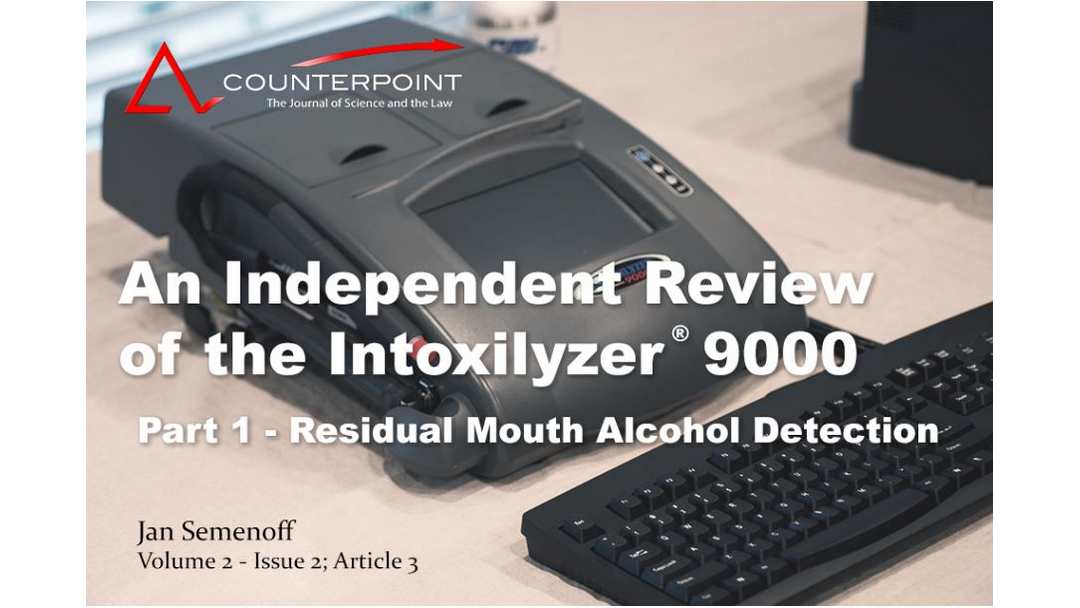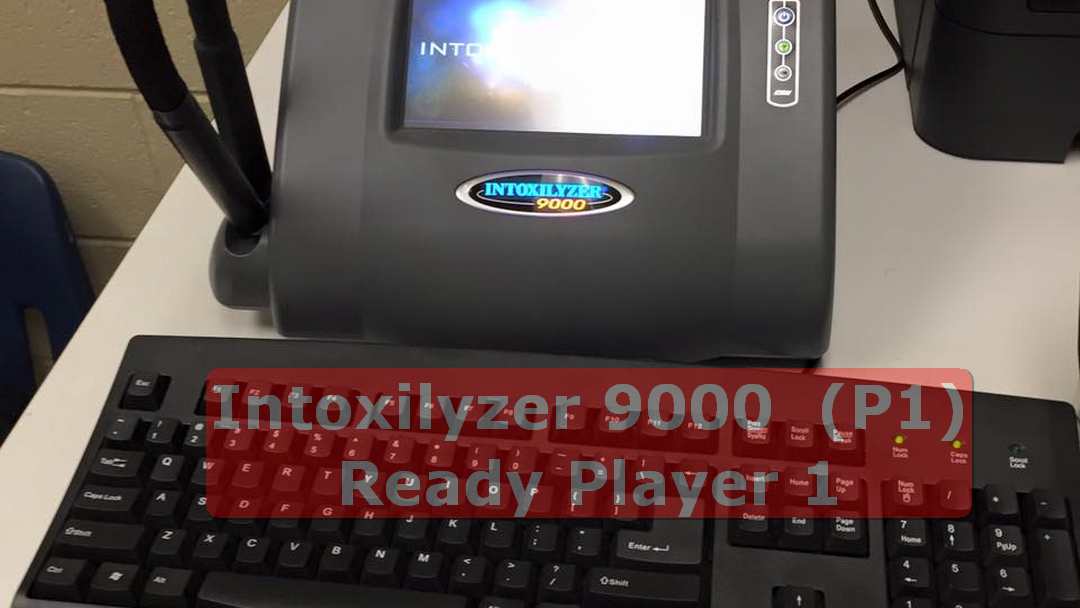Published Michigan Court of Appeals Opinion
Docket No(s) 362161
Lower Court Docket No(s) 2021-000966-FC
Hood, J.
“Crimes are supposed to be defined by the legislature, not by clever prosecutors riffing on equivocal language.”
[*1] “[C]rimes are supposed to be defined by the legislature, not by clever prosecutors riffing on equivocal language.” Dubin v United States, 599 US ___, ___; 143 S Ct 1557, 1572; ___ L Ed 2d ___ (2023) (quotation marks and citation omitted).
At issue here is the equivocal (subject to two or more interpretations and usually used to mislead or confuse) language of the reckless driving statute, MCL 257.626, which prohibits “operat[ing] a vehicle . . . in willful or wanton disregard for the safety of persons or property . . . .” MCL 257.626(2).
The traditional, narrow understanding and application of this statute is that it criminalizes driving in a reckless manner. The prosecution’s novel, expansive reading of this statute would also criminalize the decision to drive a vehicle that is not appropriately maintained due to the risk of potential mechanical failure.
Under this novel prosecution theory, a jury convicted defendant Timothy John Otto for reckless driving causing death, MCL 257.626(4).
The prosecution’s theory was that Otto failed to maintain the truck he was driving and that failure made him criminally liable under MCL 257.626(4)when the truck’s brakes failed while he was driving it, causing a wreck that resulted in a child’s death.
On appeal, Otto argues that he was denied effective assistance of counsel because his trial counsel failed to move to dismiss the reckless-driving charge when the facts of this case— failing to maintain a vehicle and then operating the poorly maintained vehicle—cannot support a [*2] conviction under MCL 257.626(4). 1
We agree. The text and context of MCL 257.626(4), and more broadly the Motor Vehicle Act, MCL 257.1 et seq., do not support the boundless interpretation underpinning the prosecution’s theory and Otto’s conviction.
We vacate his conviction. To hold otherwise would be to allow the prosecution—not the Legislature—to criminalize a wide array of commonplace conduct (such as failing to check your brakes, driving on old tires, and driving on empty) that the Legislature did not intend to outlaw.
FAQ
What is conviction vacated mean?
When a sentence is vacated: It legally annuls the conviction. Vacating a criminal sentence means removing that conviction from a person’s record. The record will then appear as if the person was never charged and convicted of a crime.
Why would a sentence be vacated?
Someone who has their conviction vacated are released from custody under certain conditions, such as a plea bargain being breached, proof of ineffective counsel, court bias, or another similar factor that might have impacted the outcome of the original trial.
Is vacating the same as dismissing?
‘Vacating’ or ‘setting aside’ is used when referring to nullifying a specific judgment from the judge (in this case, a guilty or ‘no contest’ judgment).
‘Dismissing’ applies to the entire case. It means that the case is thrown out for reasons other than its factual merits.
Does vacated mean innocent?
Winning the motion to vacate doesn’t mean that this is the end of the matter. The conviction or sentence is canceled as if it never existed, but the court doesn’t close your case. Instead, the prosecutor then decides whether to drop or pursue the original charges.
More Posts

Synthetic Marijuana (Synthetic Cannabinoid Homologues)
Spice/ K2, Synthetic MarijuanaWhat is Spice/ K2, Synthetic Marijuana? K2 and Spice are just two of the various trade names or brands for synthetic designer drugs that aim to replicate THC, the primary psychoactive component of marijuana. These designer synthetic drugs...

Michigan Court Rules
MICHIGAN COURT RULES OF 1985Updated February 13, 2024 The Michigan Court Rules The Michigan Rules of Court are the rules adopted by the Michigan Supreme Court to govern Michigan’s legal system and the judges, lawyers, and other professionals who are charged with...

Redefining Impairment: Beyond THC Levels in Roadside Testing
Redefining Impairment: Beyond THC Levels in Roadside Testing In recent developments that promise to reshape our understanding of cannabis use and road safety, a federal government report has cast significant doubt on the efficacy of using THC levels as a benchmark for...

An Independent Review of the Intoxilyzer 9000
An Independent Review of the Intoxilyzer 9000 Part 1 - Residual mouth alcohol detection Counterpoint Volume 2; Issue 2 - Article 3 (August 2017) An article in the Core Skills III-2 Module Jan Semenoff, BA, EMAForensic CriminalistThe opportunity to conduct an...

The Intoxilyzer 9000 (part 1)
The Intoxilyzer 9000 (part 1 of 2)Roll-Out The Michigan State Police (MSP) initiated Intoxilyzer 9000 (Intoxilyzer) training for police officers statewide, commencing in 2023. In order to participate, officers were required to complete both preliminary breath test...

The Intoxilyzer 9000 (part 2)
The Intoxilyzer 9000 (part 2 of 2)Using it The Intoxilyzer is user-friendly and equipped with a built-in feature to alert officers of any potential issues. As a precautionary measure, officers are specifically advised to switch off their portable radios prior to...

Michigan Adult-Use Marijuana Laws Steady As She Goes
Michigan Adult-Use Marijuana Laws: Steady As She Goes Michigan's adult-use marijuana legislation, established in 2018 through the Michigan Regulation and Taxation of Marihuana Act (MRTMA), remains stable. While there haven't been any major changes to the core tenets...

Our Kids are Dying of Drug Overdoses
THE KIDS AREN’T ALRIGHT, THEY’RE DYING OF DRUG OVERDOSESFrom May 2022 to May 2023, the Centers for Disease Control and Prevention reported an alarming 37 percent increase in American lives lost due to overdoses, totaling over 112,000 fatalities. This staggering surge...

Senate considers bill making governor, lawmakers eligible for FOIA
Why this was not a thing and passed decades ago would be a good question.The Senate oversight committee will review a bill that aims to extend Michigan's Freedom of Information Act to cover lawmakers and the governor's office. Senate Bills 669 and 670 aim to expand...

Police investigate crash-and-grab burglary at Hazel Park pot shop
Hazel Park police are seeking assistance from the public as they work to uncover the identities of about six individuals involved in a burglary at a cannabis retail store. Burglars used a stolen SUV to smash through the rear of the Jars Cannabis store on Dequindre...





